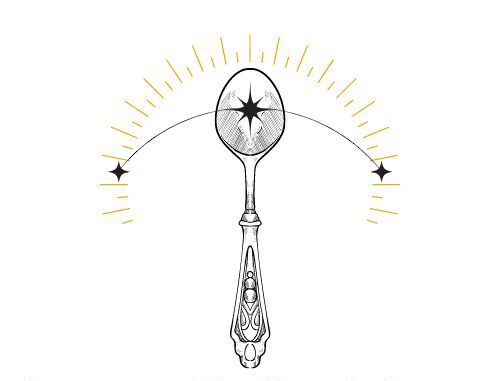
Core values are like having an internal navigation system for joy. I get it, sometimes there are speed bumps in the road with unexpected obstacles, and there are moments when the blasted machine is always saying, recalculating… However, you can never go wrong if you remain true to your core values.
Remember that you are not like any other person and that the best way to live is by your core values.
They serve as your soundtrack, leading toward a life brimming with happiness and optimism.
How Your Core Values and Beliefs Drive and Shape Your Entire World
Have you ever tried to think about what your core beliefs are and ended up arguing with yourself about what happiness even means? Well, don’t feel alone.
Psychology Today writes, “Core values shape our attitudes, actions, and decisions, greatly impacting our personal growth. Core values are not fixed but dynamic, evolving through experiences, relationships, and reflective practices.”
For example, integrity, empathy, creativity, trust, resilience, authenticity, gratitude, open-mindedness, responsibility, compassion, fairness, and learning. The list is truly endless.
Medical News Today states, “Core beliefs are strong beliefs a person holds consistently over time that inform their worldview and self-perception. These beliefs function as unstated rules for how the world works and a person’s role within it.”
Core beliefs can be helpful, harmful, or make no difference at all:
- I’m lovable.
- My opinions matter.
- I deserve happiness.
- My needs are important.
- I’m smart.
Limiting core beliefs can be extremely detrimental and negatively affect our mental health:
- I’m unworthy.
- I’m unlovable.
- I’m stupid.
- I’m ugly.
- I’m not good enough.
We all deal with limiting thoughts, with fear being the predominant driving force behind them. Our brain isn’t trying to be our friend, it gives us these thoughts hoping to keep us safe and protect us from perceived future harm.
How should we overcome these beliefs and live according to our values?
The trick is learning to realize when your brain is doing it and to question it like a detective. Bring out your inner prosecutor and put your thoughts on trial.
Is the thought a fact or merely an assumption? Once you question the thoughts, then you can reframe them.
A Practical Guide to Understanding Your Core Values and Beliefs
So, let’s start from the beginning, write down your answers:
Step 1: Think about the times that you were happiest.
- What were you doing?
- Who were you with?
- Were there other elements that contributed to your happiness?
Step 2: Think about the times when you were most proud.
- Why were you proud?
- Did you share this pride with others?
- Were there other contributing factors?
Step 3: Think about the times that you felt most fulfilled.
- What needs were fulfilled?
- How did what happen give your life meaning?
- Were there other contributing factors?
Step 4: Think about your top values according to your feelings of happiness, pride, and fulfillment.
Another way of figuring out your top values is by taking a questionnaire. Here’s one that you can try: Personal Values Assessment.
Spotting the Hidden Beliefs Sabotaging Your Success
Some techniques to discover what your negative core beliefs are:
Downward Arrow Technique We have different levels of thought. These thoughts can be related to ourselves, others, or the world/future.
Thought Records These help to tackle your negative thoughts.
Rewriting Your Inner Narrative: Treatments to Tweak Toxic Thoughts
You now know what our negative core beliefs are. What to do next? Here are some treatments that successfully deal with and help to change unhelpful core beliefs:
Cognitive Behavioral Therapy (CBT) is a popular method that assists individuals in recognizing and questioning these beliefs and reframing them.
Dialectical Behavior Therapy (DBT) combines CBT techniques with mindfulness.
Eye Movement Desensitization and Reprocessing (EMDR) is especially useful for trauma-related negative attitudes.
Acceptance and Commitment Therapy (ACT) helps to adopt a value-driven stance and fully embrace one’s ideas and feelings.
Achieving healthy and positive self-perceptions is the goal of each of these treatments, which use unique tactics to alter destructive fundamental beliefs.
And if therapy isn’t your bag or you can’t afford it, other options are journaling to notice when and why your negative beliefs pop up.
Yoga also goes a long way to help you connect your body with your mind, and learning to say no, and setting boundaries are also useful skills to learn.
Look at life like being in a TV sitcom. Despite all the funny setbacks, you come out on top because you stick to those values. No matter what craziness happens in your show, you are the protagonist of a feel-good comedy, and living by your core values can only lead to lightness, laughter, and love.
“Try not to become a person of success, but rather try to become a person of value.” — Albert Einstein





